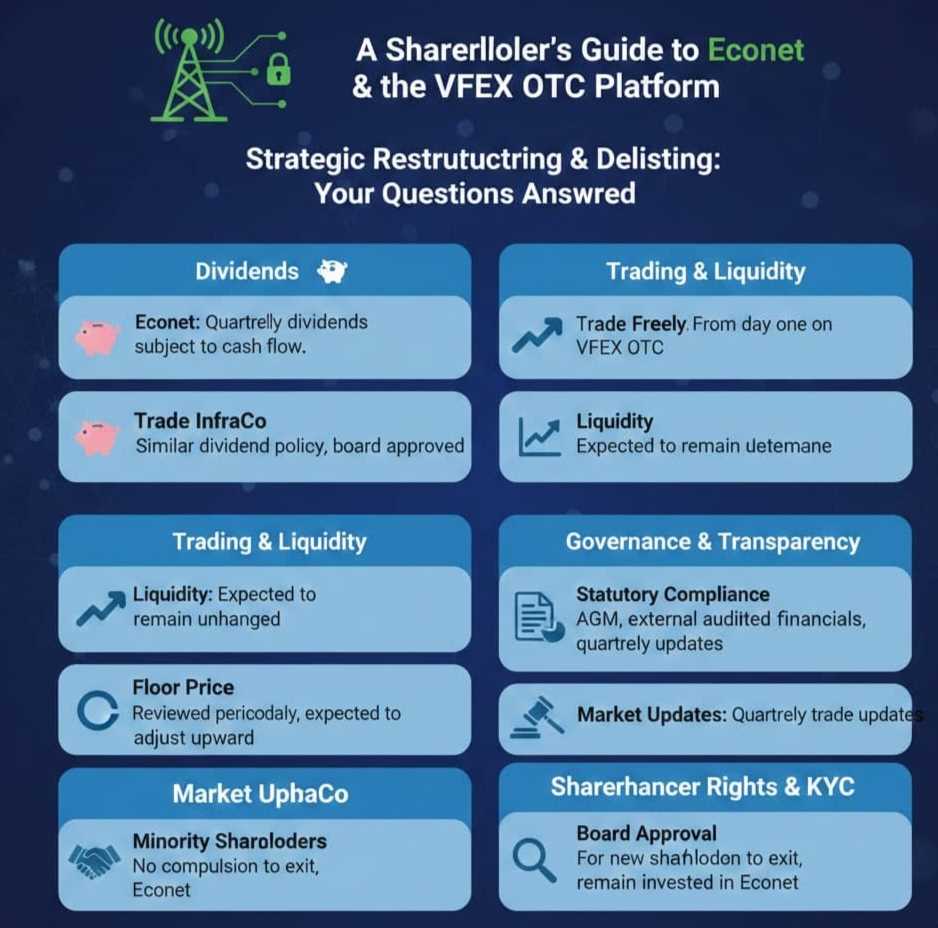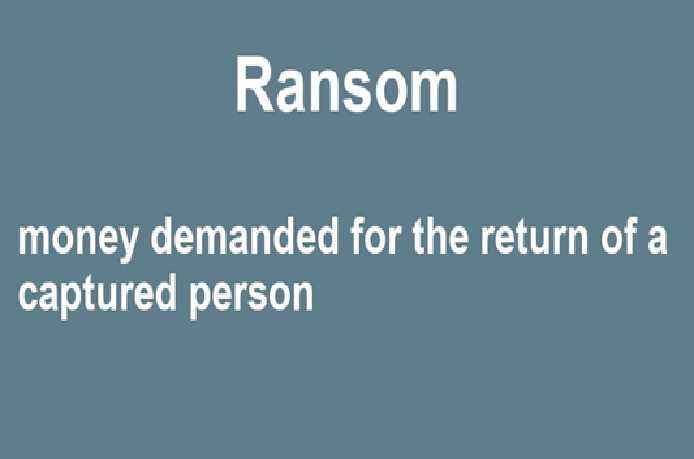
Nhamo Varaigwai
Zim Now Special Correspondent
Organisations with a happy and engaged workforce that feel valued by their organisations are far less likely to experience endemic problems with employee absenteeism.
They always want to be associated with such organisations and always avoid being away from work, resulting in higher productivity.
Line managers have to play a pivotal role by ensuring the verify reasons for absence given by the employees and be able to say whether in their opinion the length or pattern of absence, often certified by the medical practitioners is justified.
If, in their opinion, they doubt the authenticity of a certificate from a medical practitioner or question the genuineness of the illness and the employee’s honesty or commitment to the organisation, the manager may institute further investigations. If the investigations discover that the certificate from the medical practitioner is not genuine, there may be reason to pursue disciplinary action against the employee as a measure to deter the recurrence of such behavior even from other employees.
In 2018, an employee from a supermarket in Machipisa, Harare, brought a fake illness certificate from Kambuzuma Polyclinic and management questioned its genuineness. They visited the clinic only to discover that she was not in their records. A disciplinary process was initiated and she resigned from employment as a way of avoiding the lengthy disciplinary process.
The complex phenomenon of absenteeism absence, usually absence certified, resulting from sickness is influenced strongly by factors other than health.
The decision to attend or resume work following sickness absence will be related to the real and perceived conditions of work both physical and psychosocial, anticipated job demands and management attitudes and behaviours, social norms in the peer group and community, advice and information from the medical practitioners, hospital specialists, as well as economic pressures caused through loss of earnings for the employee and loss of productivity for the organisation.
The work can be so stressful to the employee, making it difficult for him to attend work due to increasing individual personal life pressure.
Related Stories
For example, Ruth has a sick mother who needs her attention, taking her to the clinic more often, cooking food, taking her to the toilet and so forth and this situation may intensify the effects of stressful working conditions. To cope with this, managers may always try to balance between work and family or personal life, support network of friends and co-workers.
Among the many studies undertaken, a famous one was that of a large chemical company that decided to employ psychologists because of an increasing and worrying sharp rise in accidents at the plant.
The decision to call in psychologists was itself interesting as it recognised the failure of existing approaches. The resulting study showed that a large number of days lost through accidents were attributed to a small proportion of the labour force, who tended to have repeated separate absences.
After discussion with the employees, they were moved to jobs in office conditions where the prospect of accidents was small. The effect was intended, resulting in the fast reduction of accidents. However, much to the surprise of managers, it was not long before sickness absence began on a sharp increase and this was happening with a few employees who, only a few months before, had experienced a series of accidents.
A more practical example is of employees’ behavior usually on pay days. Employees are struck down with diseases more actively on Mondays and Fridays and are considerably less active on Thurdays for weekly paid employees and for this reason, you may not need to be told that Thursday is payday.
The implication of such observations have been reaffirmed many times and a number of organisations find that such increases in sickness absenteeism run concurrently with strikes, falls in productivity and increasing wastage.
Because of the down turn economic environments, some employers take this as the greatest opportunity in assuming that subjecting employees to high stressful working conditions is a necessary evil that they must turn up the pressure on employees and set aside health concerns to remain productive and profitable.
They don’t give their employees time off, employees go for months without pay, subjected to heavy workloads, infrequent rest breaks, long working hours and hectic and routine tasks that have little inherent meaning causing employees to create sickness absence.
Under these circumstances, managers and supervisors should be aware of the various aspects of absence and see them as indicators of emerging problems, and others, which might be easier to deal with in their early stages.
Nhamo Varaigwai is a seasoned Human Resources Practitioner, educationist and Labour Consultant. He can be reached on nvaraigwai@gmail.com




















Leave Comments